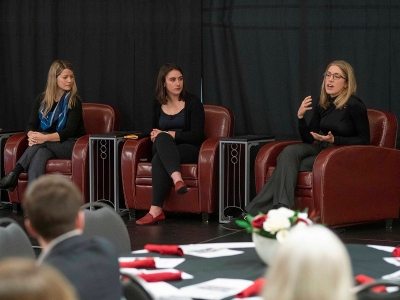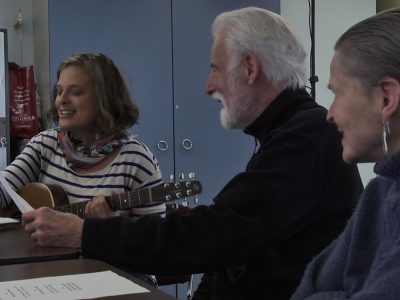By Karen Kelly
Philip Macho Commanda understands what it means to live with the history of Canada’s residential schools. As a member of the Kitigan Zibi Anishnabeg band, both his grandmother and mother lived through the trauma of the system.
“My sister and I were directly impacted by the residue of that,” says Commanda, Carleton’s Algonquin community liaison officer.
“That residue is passed down through generations and to their kids unknowingly. It’s instilled in us that there is trauma and it is something you are born into.”

Philip Macho Commanda
That trauma, and the events that caused it, will be remembered on Wednesday, Sept. 30 as part of Orange Shirt Day. It was started in 2013 by Phyllis Webstad, a survivor whose new orange shirt was taken away on her first day of residential school in British Columbia.
Two years later, the Truth and Reconciliation Commission on Canada’s Indian Residential Schools described the treatment of approximately 150,000 Indigenous children and their families as a cultural genocide. The commission also documented the deaths of more than 6,000 of these students as a result of their school experience.
“So many children never emerged from those schools and those who did experienced significant trauma,” says Benny Michaud, director of Carleton’s Centre for Indigenous Initiatives.
“Orange Shirt Day is an opportunity to acknowledge and honour residential school survivors, and also to look critically at how Indigenous knowledge, culture and ways of knowing are valued within post-secondary settings. This is important because it directly relates to Indigenous student well-being and academic success.”
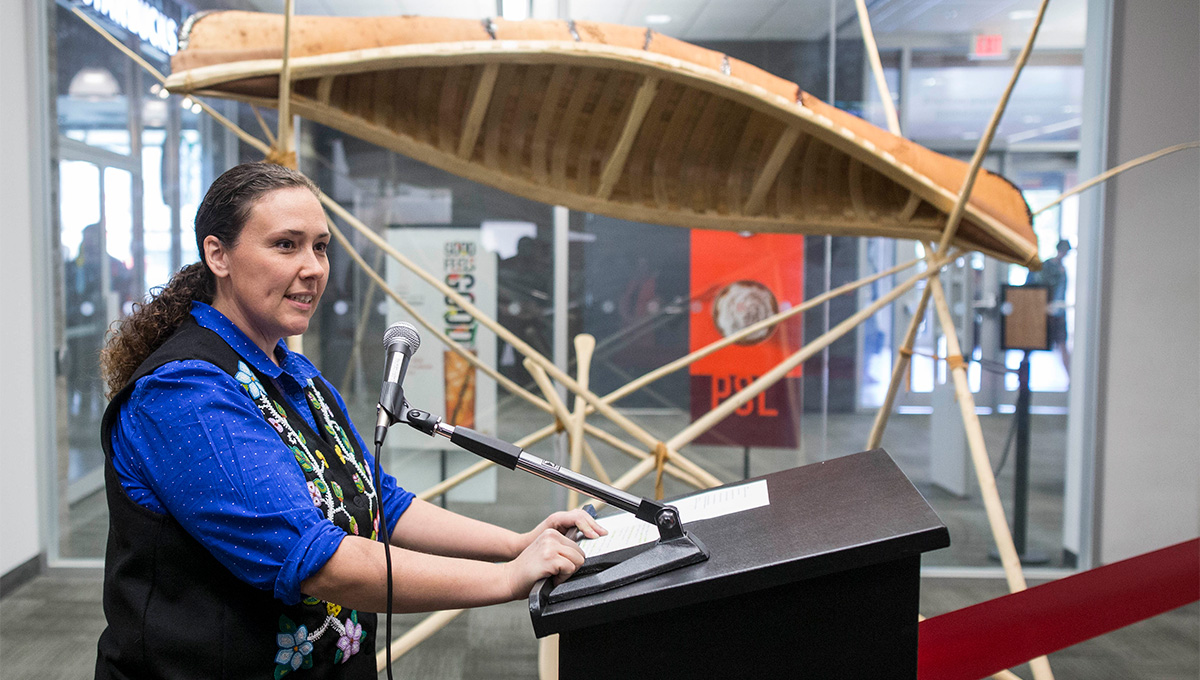
Benny Michaud, Director, Centre for Indigenous Initiatives
In honour of Orange Shirt Day, fourth-year humanities and art history student Shaylin Allison, the centre’s Indigenous student communications co-ordinator, is creating an information hub on the centre’s website.
“One of my grandmothers was a residential school survivor, and my other grandmother had to be hidden in the bush along with her siblings so that they would not be taken,” says Allison, who is from Garden River First Nation in Ontario.
“Many people view the residential school system as something from the past, but the scars of colonial violence are still very real for many people. For this reason, I think it is important for my non-Indigenous peers, especially those at Carleton, to understand the context of the schools in our history and to have important discussions about them today.”
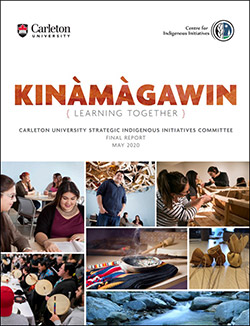 The recognition of Orange Shirt Day reflects Carleton’s commitment to Indigenous reconciliation, as reflected in Kinàmàgawin, a revitalized long-term Indigenous strategy with 41 calls to action to make Carleton a more welcoming space for current and future Indigenous students and faculty members.
The recognition of Orange Shirt Day reflects Carleton’s commitment to Indigenous reconciliation, as reflected in Kinàmàgawin, a revitalized long-term Indigenous strategy with 41 calls to action to make Carleton a more welcoming space for current and future Indigenous students and faculty members.
“Among the 41 Calls to Action outlined in the Kinàmàgawin final report released in May, we see a desire for the increased incorporation of Indigenous ways of knowing to further reconciliation processes,’’ says Michaud. “The foundation of reconciliation is truth and honouring Orange Shirt Day at Carleton helps to promote that and raise awareness.”
Carleton’s commitment is also included in the Strategic Integrated Plan, which will be officially launched on Sept. 30. One of the tenets of the plan pledges that Carleton “will learn and take action together to achieve reconciliation.”
“Carleton has a responsibility to the Algonquin Anishinaabeg people within whose unceded, unsurrendered territory our campus is located,” the plan states.
“We will develop relationships based on mutual respect, accountability and reciprocity with Indigenous communities. We will take steps towards decolonization and seek reconciliation with Indigenous Peoples.”
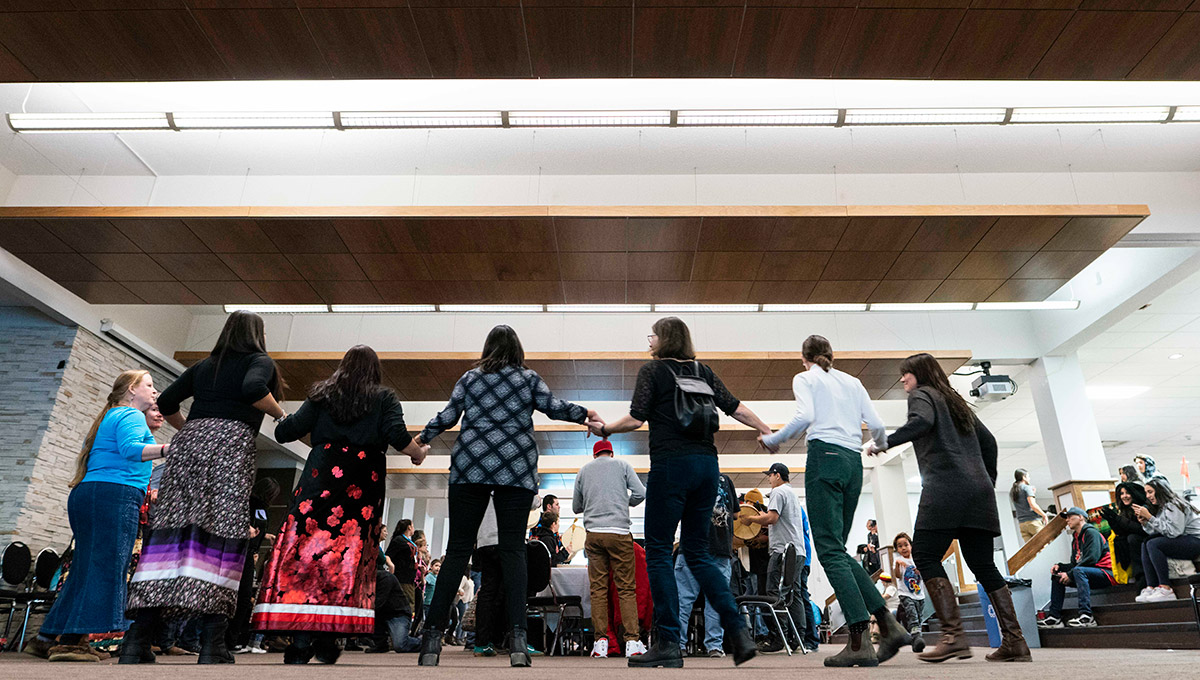
Tuesday, September 29, 2020 in Community, Indigenous
Share: Twitter, Facebook


